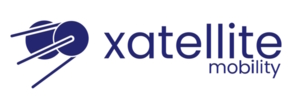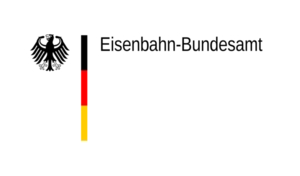Assessment of technologies supporting integrated ticketing and information services across rail networks.
Background
To promote sustainable mobility, the European Commission aims to establish internationally standardized train tickets. It envisions a booking system that enables passengers to purchase tickets across all railway operators. However, implementing such a system is challenging due to inconsistent and insufficient information sharing between different operators and modes of transport. This presents a clear disadvantage for public transport compared to other means of transportation and hinders the development of sustainable, multimodal travel (i.e., the combined use of various modes of transport).
Project Content
In the project “Vernetzter Ticketvertrieb” – commissioned by the German Federal Railway Authority – we explore, test, and evaluate technical approaches for a unified ticketing and information system that works seamlessly across different national and European platforms and providers. We outline specific requirements for such a system, develop a catalogue of possible solutions, and apply them to different use cases. While the study focuses primarily on international rail transport, it also takes into account the roles of local public transport, bus and ferry connections, and vehicle-sharing services. In addition to technical issues, we examine legal aspects and present measures to assess the costs of implementation. Based on our analyses, we formulate concrete recommendations for action.
Objectives and Implementation
The project is divided into four phases:
- Requirements Analysis and Use Case Development: We identify requirements for streamlining national and European ticket sales, along with broader market needs. Based on these, we define various use cases.
- Technical Analysis of Existing Approaches: Overlaps with Phase 1 and focuses on the technical level. We examine functionality, applicability, and limitations of existing solutions.
- Evaluation of Approaches, and Assessment of Adaptation and Implementation Efforts: We evaluate existing technical approaches for networking rail operations. For this we use various criteria (e.g., functionality, feasibility, limitations, legal aspects, etc.) and test if they meet defined requirements.
- Knowledge Generation and Publication of Results: The insights gained lead to concrete recommendations, which are published. As a result, decision-makers have a solid basis for informed decision-making.
Methodology
A literature review, interviews with legal and mobility experts, and workshops together provide a comprehensive overview of existing solutions for networking rail operations. Quantitative analyses offer additional insights. Use cases grounded in real-life scenarios are developed to test the practical applicability of the identified technical solutions. Our evaluation methods take into account various influential factors. They assess costs and implementation effort and consider technical and legal aspects as well. SWOT analyses highlight the strengths and weaknesses of each solution. The collected material and the derived conclusions form the basis for concrete recommendations and strategies.
Outcome
With this project, we provide an overview of available technologies that offer information on transport connections and enable ticket purchases across different countries and railway companies. The insights gained serve as a sound basis for establishing a connected European rail system.
Partners
Funding
You want to know more? Feel free to ask!
Department of Rail Technology and Mobility
- xatellite GbR



